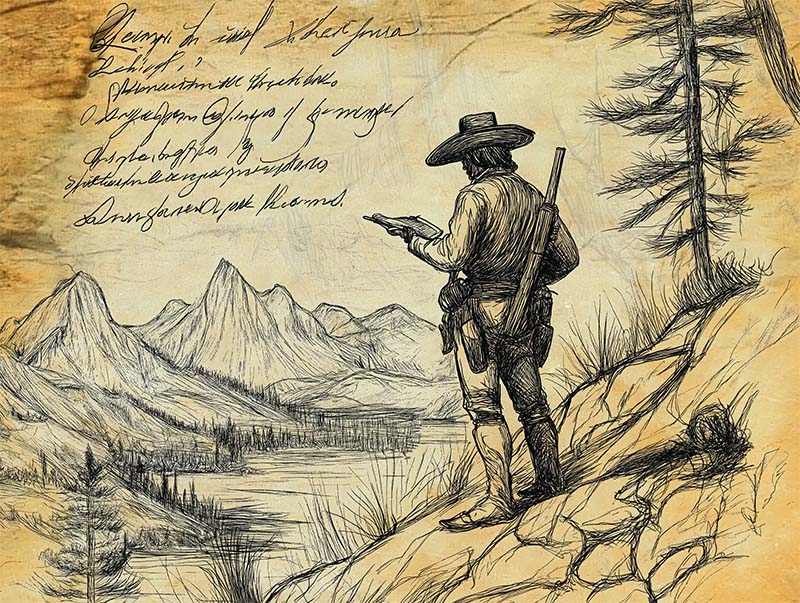Embarking on an epic journey through uncharted territory, the Lewis and Clark Expedition remains one of America’s most remarkable adventures. Commissioned by President Thomas Jefferson in 1804, this groundbreaking mission was designed to explore the vast Louisiana Purchase and chart a route to the Pacific Ocean. Under the leadership of Captain Meriwether Lewis and Lieutenant William Clark, the expedition ventured into unknown lands, braving treacherous rivers, harsh climates, and rugged wilderness.
Over the course of two challenging years, the team documented hundreds of previously unknown plant and animal species, contributing invaluable knowledge to the scientific community. Their detailed maps and journals not only opened new frontiers for trade and settlement but also provided a fascinating glimpse into the diverse ecosystems of North America. Encounters with various Indigenous tribes added another layer to the expedition’s significance, as they exchanged cultural insights and forged early relationships that, despite occasional misunderstandings, underscored the importance of cooperation and mutual respect.
Today, the legacy of Lewis and Clark endures as a symbol of determination, curiosity, and the relentless human spirit of exploration. Their journey continues to inspire historians, educators, and adventurers, reminding us that discovery is an ever-evolving process. Reflecting on this monumental expedition encourages us to appreciate our shared history and the enduring quest for knowledge that drives progress and unity in our nation.
This incredible voyage not only reshaped American geography but also ignited a spirit of adventure that continues to fuel exploration and innovation in the modern era, inspiring generations to come.
